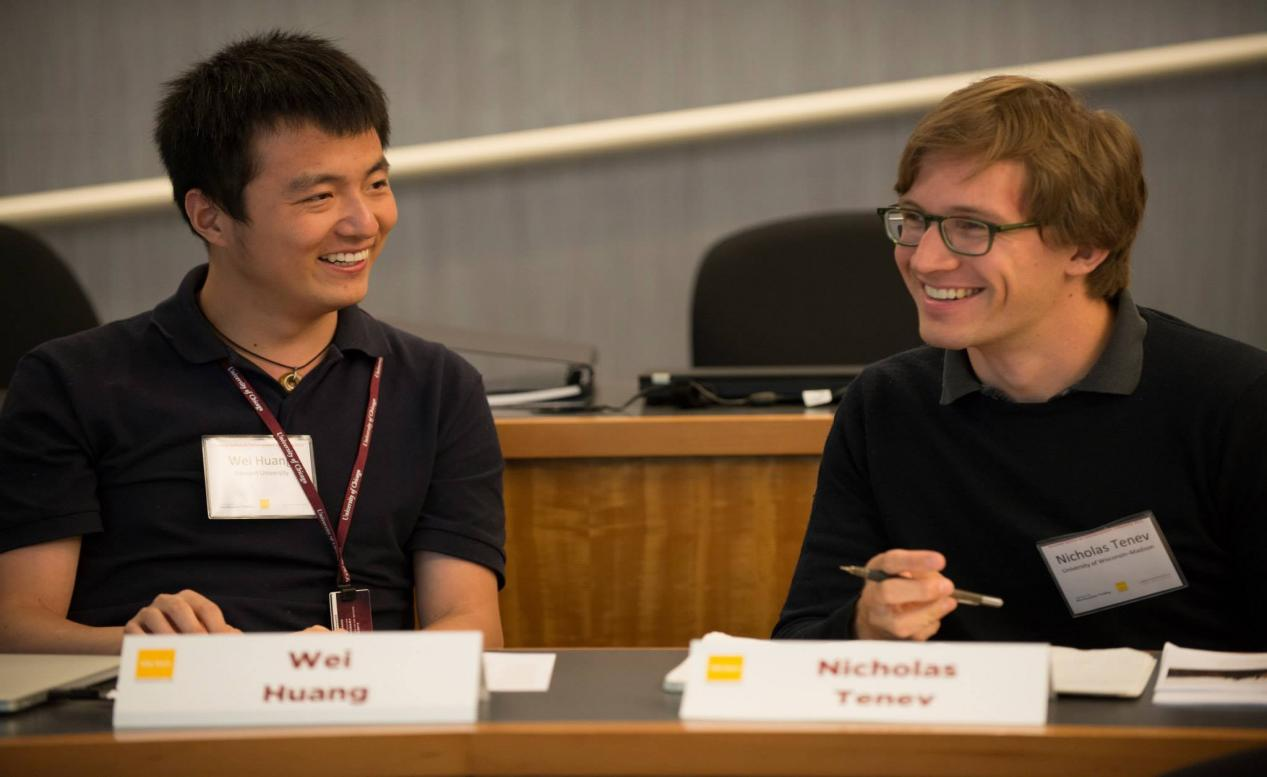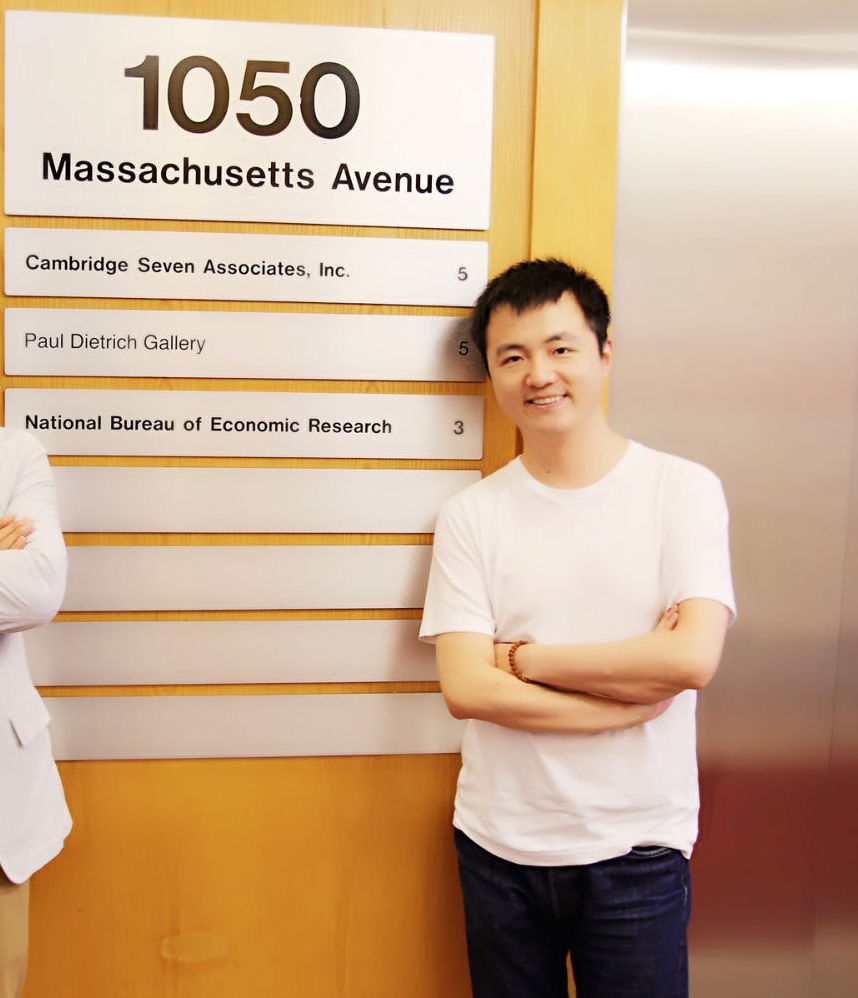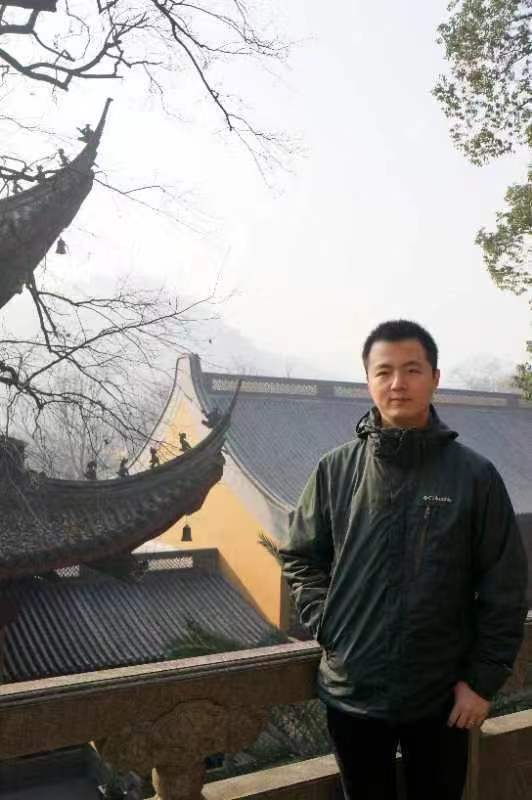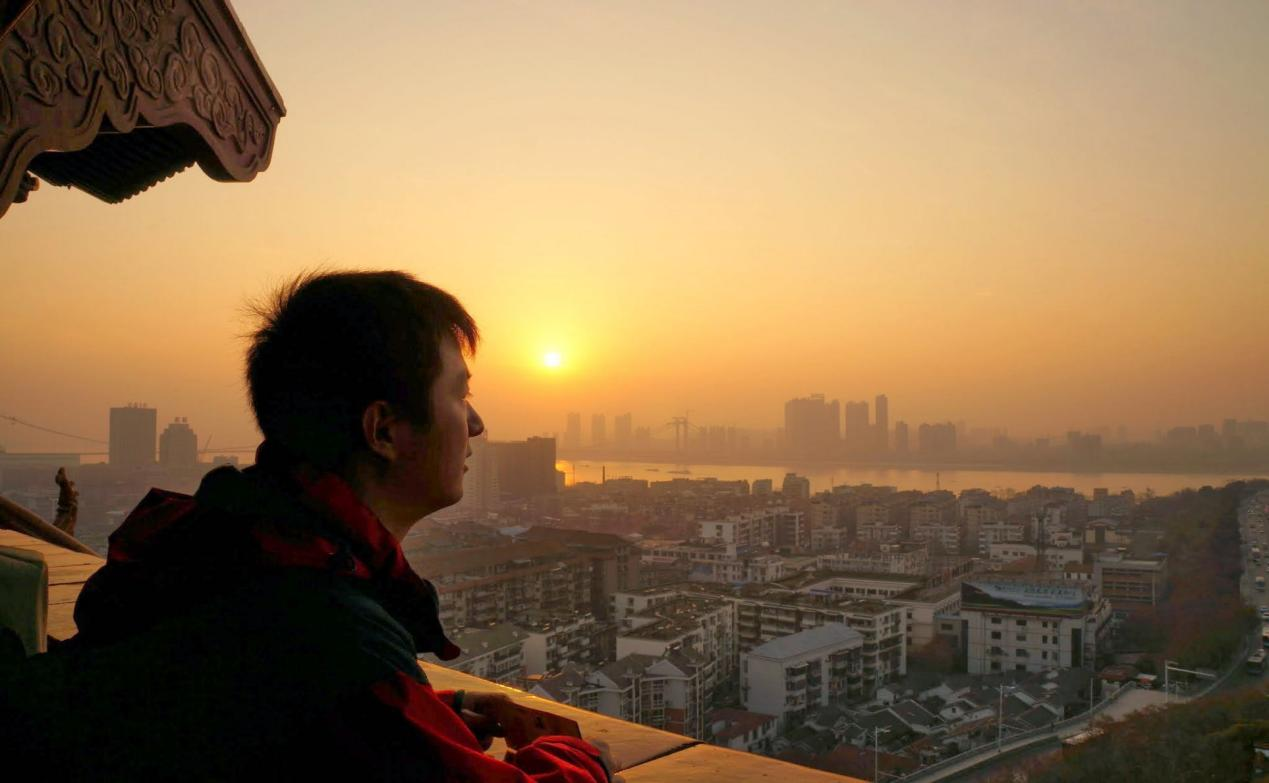Profile | Huang Wei: Linking past and future
Mar 22, 2024
Editor's note: As you read this piece, spring is unfolding in Yan Yuan lavishly and overwhelmingly, with fauna and flora marching toward activity or bursting into life. It's the season when nature retrieves its color, birds migrate to their habitats, and also a time when PKUers gradually return to the embrace of their alma mater. This series revolves around such tales of the great return – through narrations from scholars and researchers at the University, who have studied here and eventually choose to stay.
Peking University, March 22, 2024: On June 20, 2022, 11 years after he completed his master's at Peking University (PKU), Huang Wei returned to PKU as part of the teaching staff at the National School of Development of PKU (NSDPKU).
Huang Wei
When Huang Wei first entered PKU as a School of Physics student, he remembered feeling inferior, as many of his peers had robust physics knowledge and physics competition experience.
Beaten down and a little lost, he began his second degree in Economics with a simple “can-try” attitude. Attracted to the mysteries of the subject, Huang excelled in his classes and was recommended to PKU’s China Center for Economic Research (CCER, later NSD) to pursue a master’s degree.
During his master’s degree, under the guidance of Prof. Lei Xiaoyan and Prof. Zhao Yaohui, Huang’s research focus shifted from theoretical exploration to empirical investigation. As a master’s student, Huang always sought to uncover research questions from real-life experiences. For his master’s thesis, Huang studied the correlation between elders’ height and their incomes, a concept inspired by conversations with his elderly grandmother.
Now, as a teacher, Huang shares this philosophy with his students, encouraging them to ground their research in real-life observations. This approach has resonated well, as evidenced by the positive feedback Huang receives for his challenging Econometrics course.

Huang Wei at an international conference
After completing his master’s studies, Huang pursued a doctoral degree at Harvard University in 2011. While at Harvard, he observed significant gaps in international research on the Chinese labor sector. There was a shortage of scholars capable of effectively articulating China’s policies on the global stage, resulting in misconceptions about China’s policies. Inspired to close this gap and represent China’s perspectives internationally, Huang chose China’s labor economy and public policies as his research focus.
After completing his Ph.D., to further broaden his horizons, Huang traveled to numerous countries and taught at several universities, engaging with students from all around the world.
A decade later, he returned to PKU. As an alumnus, Huang humorously refers to himself as the big brother of the students in NSDPKU. His approachable nature has endeared him to students, with his office often bustling with inquiries ranging from academic questions to personal concerns about the stresses of daily life.
PKU has witnessed Huang Wei’s evolution through different life stages. From a new physics student to a seasoned faculty member, Huang has embraced his role as a bridge between the past and the future. "I hope that my students can someday apply the knowledge they've learned to realistic issues in China," Huang once said.
Reflecting on his journey at PKU, Huang muses that there is still “a long road to go," with "many things" left for him to achieve, including nurturing students and striving for academic excellence.
Written by: Deng Hanyu
Edited by: Glenda Ho
Source: PKU News (Chinese)




